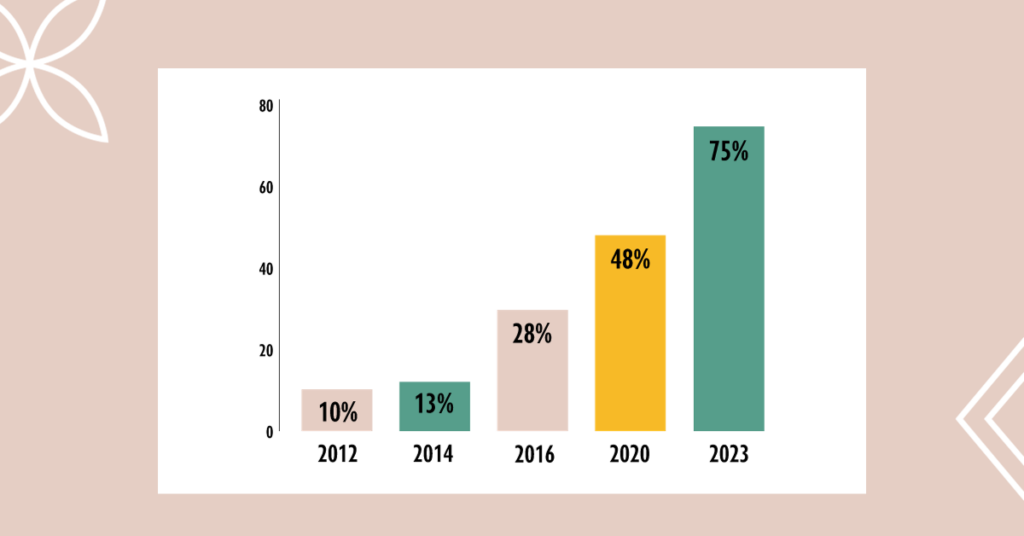The innovative work to develop and implement Cultural Education Plans is expanding beyond primary education and early childhood education to secondary vocational education and training, thanks to a project coordinated by the Association of Finnish Children’s Cultural Centers. The aim of the pilot is to increase the equality of cultural education between different age groups in the municipality and to develop the cultural competence of children and young people in Finnish compulsory education.
In the recent project (2023-2024) to promote Cultural Education Plans, the Association of Finnish Children’s Cultural Centers is coordinating a pilot in which five Finnish municipalities, supported by experts, will be drafting their own Cultural Education Plan for vocational upper secondary education and training.
The participating municipalities already have a Cultural Education Plan in place for basic education and in some cases for early childhood education and general upper secondary education, but they are now extending it to vocational education and training. The pilot is free of charge for municipalities.
“The cities of Lapua and Kauhava want to make a Cultural Education Plan for vocational upper secondary education and training, as this would cover all levels of education from early childhood education to secondary education. The new Cultural Education Plan could reach an estimated 1200 pupils. The cooperation between municipalities will bring more cultural attractions and is also a way to support pupils’ studies outside their own municipality”, say Heli Talvitie and Laura Kivimäki from the cities of Lapua and Kauhava.
The implementation of the plans in vocational education and training will increase equality in cultural education between different age groups in the municipality and develop the cultural competence of all children and young people covered by compulsory education.
“Young people are a key target group for cultural services. The challenge is to tailor services to them in order to support their growth as consumers of culture and to help them understand its importance. The Cultural Education Plan is a good tool for this work” says Ulla Ingalsuo-Laaksonen, Director of Kuusamo’s Cultural Affairs Department.
The experts in the project are the cities of Espoo and Tuusula, which in recent years have done innovative work on Cultural Education Plans for vocational education and training and have been involved in creating some of the firsts vocational Cultural Education Plans in Finland.
“It is a pleasure and an honour to be invited to participate in the project as a trainer. It feels important to support the well-being of secondary school students through arts and culture in this day and age. Cultural education also provides access to culture and strengthens cultural competence, which seems important also from an equality perspective,” says Karolina Ajanki, Cultural Planner of the City of Espoo.
A major leap forward in the number of Cultural Education Plans in Finland
Currently, Cultural Education Plans are mainly used in basic education and to some extent in early childhood education and general upper secondary education. Only a few years ago, less than half of Finland’s municipalities had a Cultural Education Plan in place. Today, we are in a situation where 75% of all municipalities have drawn up a Cultural Education Plan for themselves. The number of Cultural Education Plans has thus risen by almost a third over the last three years, thanks to the promotion projects of the Association of Finnish Children’s Cultural Centers and its members. These projects are working to ensure that every Finnish municipality has a Cultural Education Plan in place.

Cultural Education Plans are a tool for planning and implementing arts, culture and heritage education in the context of education. It enables children and young people to learn about different art forms, art institutions and the cultural heritage of their municipality. They will allow art and culture to be offered in an age-appropriate way and as a natural part of the school day. The plan is a joint tool for schools and cultural operators, integrating the objectives of the local curriculum and the cultural offer of the municipality into a systematic and pre-budgeted package.
Ask for more information
Eeva Laitinen, project coordinator
The Association of Finnish Children’s Cultural Centers
eeva.laitinen@lastenkulttuuri.fi / 044 2690512
